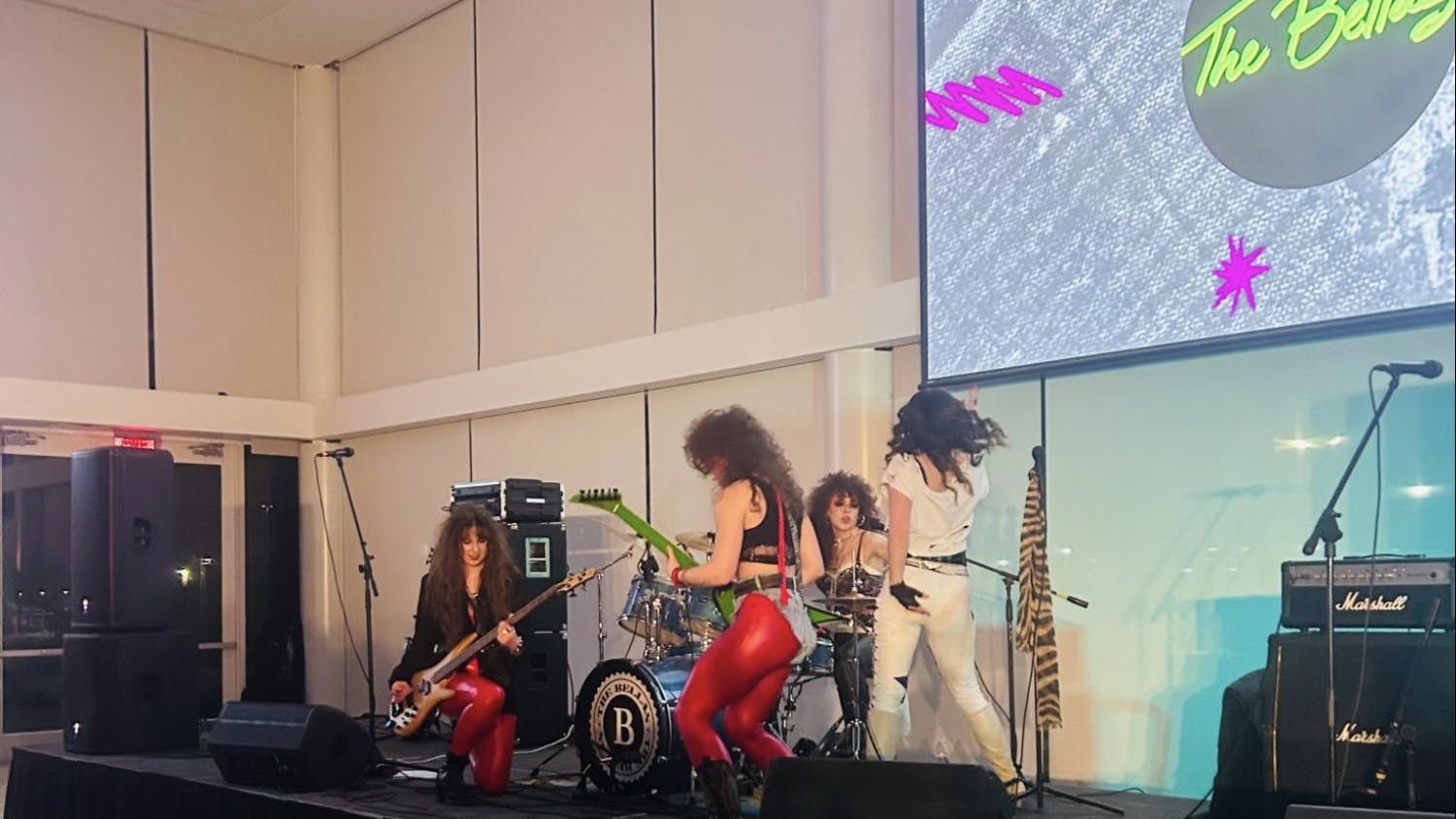The Visiting Writer Series (VWS) continues with a reading from author and Montclair University professor Jess Row at 3 p.m. today in the New Library Auditorium. He took some time out of his busy schedule to share insights about college students and New York City culture.
Audrey Levine: How long have you been writing and how long have you known that you wanted to be a writer?
Jess Row: I knew that I wanted to be a writer from a pretty early age, about 10, and I started writing seriously when I was in high school, at around 17. I'd been a very committed reader for a long time. I think I really like to make up stories. I was a pretty good liar as a kid and I think I was drawn to fictional universes. I had very good English teachers in high school and my love of stories in high school led to a desire to want to write.
AL: What do you enjoy about teaching as opposed to writing?
JR: I enjoy teaching because it gets me out into the world. It gets me away from my desk, sometimes for very long periods of time unfortunately. I like working with undergraduates because they are so young, they keep me on my toes. They have pretty good bullshit detectors and I like to know what they're thinking. I need to have their ideas to reflect my own ideas and a big part of all of my work has to do with dialogue and multiple voices, so teaching is a way of surrounding myself with multiple voices.
AL: Where do you come up with your ideas for your stories, including those concerning different cultures as in your most current novel?
JR: I do sometimes get ideas from working with students, but not often. It's difficult for me to say where I get my ideas or even how I get them. After you've been a writer for a while, ideas are just sort of a fabric for everyday life. It's just part of living. I started (my newest novel) when I lived in Hong Kong so it reflects what my life was like at the time. I live in New York City and one of the reasons I like living (there) is it's a world where many different cultures rub up against one another. It has become very important to my work because the work I'm doing now has to do with cultural overlap and cultural friction and there's no better place to see that than New York City.
AL: Why do you enjoy reading for college students? What do you hope they get out of the reading?
JR: I enjoy any opportunity to read. I'm very honored that (the College) invited me and, as I understand it, a number of students have already read my work and it was the students who wanted to invite me and that was a great honor. It is very exciting. I just hope they enjoy it. They'll get out of it whatever they get out of it.
AL: What do you enjoy about writing short stories versus longer novels?
JR: I like the fact that you can finish a short story relatively quickly. You can work on more than one at a time without going crazy and I really enjoy compressing a great deal of experience and a great deal of life into a very short space. I enjoy it as an aesthetic hole. (With long novels), you can make money and novels afford you a much larger canvas. They give you time to develop characters and they allow your writing to expand. They don't force on you the pressure of having to make every paragraph neat and self-contained. It can be a little messier, a little more polyphonic. I enjoy them both.
AL: What is your advice for aspiring writers?
JR: My first advice is always to read a lot. Any writer has to begin as a reader. My second advice is to worry first about the work and second or third or fourth or 10th about getting it published. It's not a question of worrying about whether it will get published, but worrying about whether it's publishable is the bigger problem. The vital thing is that you yourself should be happy first.






